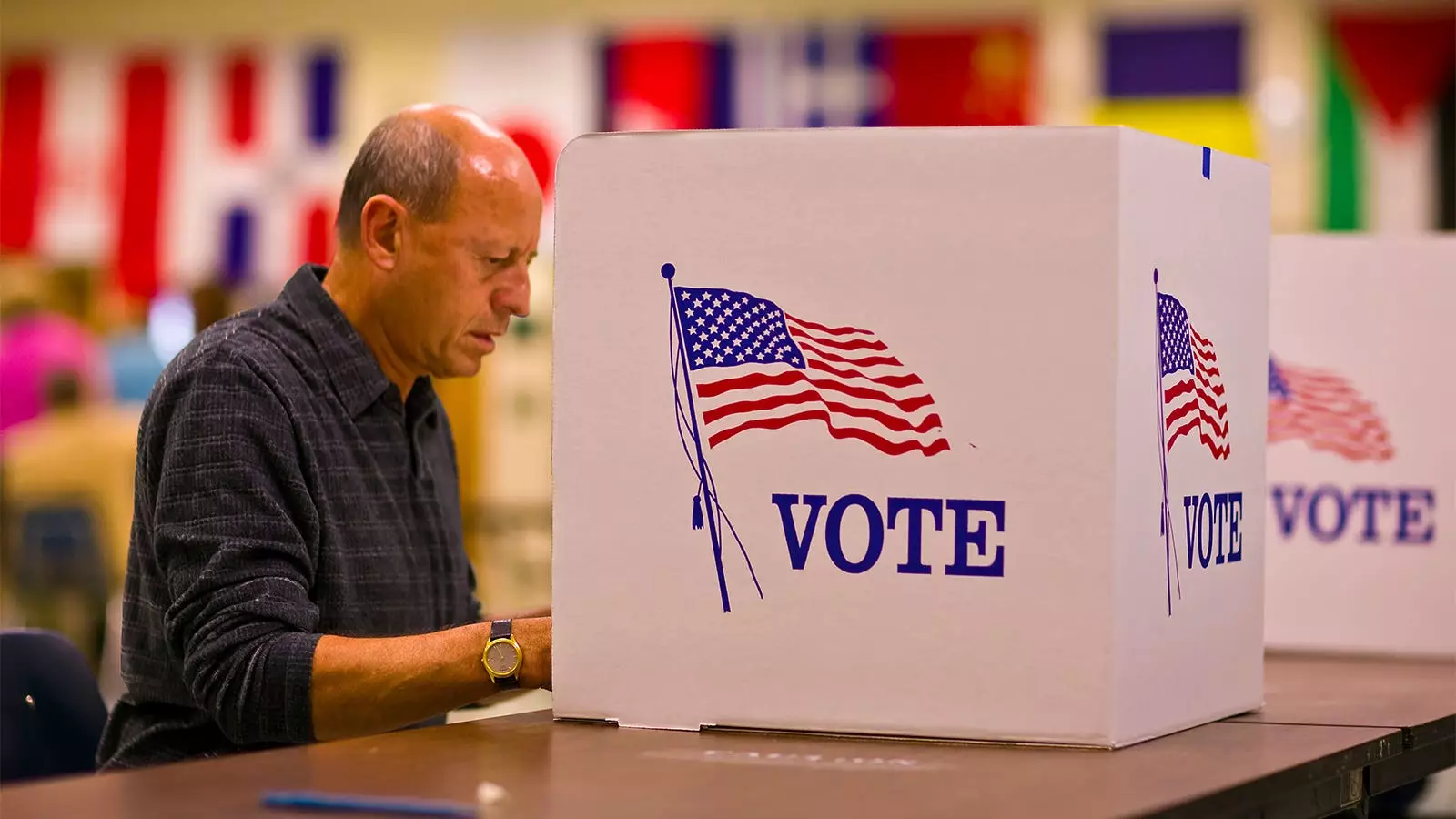Life, with its multitude of experiences, often teaches us profound lessons, particularly about our priorities and values. Those who work intimately with the terminally ill, such as hospice social workers and death doulas, encounter deeply personal reflections from individuals nearing the end of their lives. These reflections, often laden with regret, reveal insights into how we can reshape our lives and, by extension, our society. After dedicating years as a hospice social worker, I am compelled to share what I have learned from the dying—a “deathbed regrets voter guide” that aims to influence how individuals engage with politics during particularly turbulent election years.
My journey began in 1994, emerging from the University of Southern California armed with a Master of Social Work and eager to make a difference. Little did I know, the true education awaited me in the homes of countless individuals across Los Angeles County. Our discussions ranged across various topics, but as a relatively young social worker, the dying often felt compelled to impart wisdom to me. Many expressed what they valued most—regrets about familial responsibilities, the neglect of personal relationships, and a failure to engage with their communities on a meaningful level.
The consistent thread running through these conversations was the realization that love and connection should take precedence over material pursuits. Those who had accumulated wealth or power often voiced deep remorse for allowing their careers to eclipse their personal lives. Materialism haunted them, along with the acknowledgment that their professional decisions often led to harm within their companies or communities.
Interestingly, several of my clients lamented not only personal choices but systemic cultural issues. In a society that often idolizes productivity and success, many felt trapped in the grind, working excessively while depriving themselves and their families of leisure and travel experiences. Ironically, the pressure they felt to provide for their families often led to their own neglect—postponing medical care, for example, due to fears associated with high deductibles and inadequate health insurance. In their final days, they recognized these patterns and the societal pressures that dictated their choices, often regretting their inability to break free from these constraints.
In light of the current electoral climate, I have found it beneficial to assess candidates and their policies through the lens of these regrets. This unusual perspective encourages us to consider more than just party affiliations or media portrayals; it inspires a humanitarian viewpoint focused on collective welfare. When watching candidates speak or reading about their platforms, it becomes imperative to ask: what do they prioritize? Are they committed to addressing essential human needs such as access to education, food security, and comprehensive healthcare?
This election year, I urge fellow voters to reflect on these questions. We must evaluate whether candidates prioritize power and wealth over the wellbeing of their constituents. Are they proposing solutions to the healthcare crisis, one that keeps many from seeking necessary treatment due to financial barriers? Are they advocating for better working conditions, including fair pay and benefits that respect the needs of families?
These reflections form the backbone of what I refer to as my “deathbed regrets voter guide,” a tool designed to foster informed and compassionate decision-making come election season. It is not simply about casting a vote; it is about endorsing a vision for a society that is dedicated to meeting fundamental human needs.
The lessons learned from the dying do not only serve their stories but echo the experiences of all of us, emphasizing the importance of community, compassion, and connection. As we approach the polls in November, let us remember that our votes reflect our values and vision for the future. This year, we are not only voting for candidates; we are voting for the type of society we aspire to build.
Betsy Trapasso, MSW, is a death doula, speaker, and advocate whose experiences have shaped a unique political philosophy. As I delve into these lessons, I comprehend that engaging in the political realm is an opportunity to honor the voices of those who have shared their regrets. It is a profound moment—when we reflect on our values and aspirations before making a decision at the ballot box. Let us all act with intention, remembering that our collective choices can either perpetuate the status quo or usher in much-needed, compassionate change.

Leave a Reply